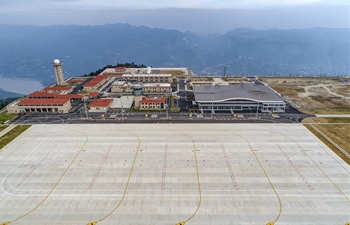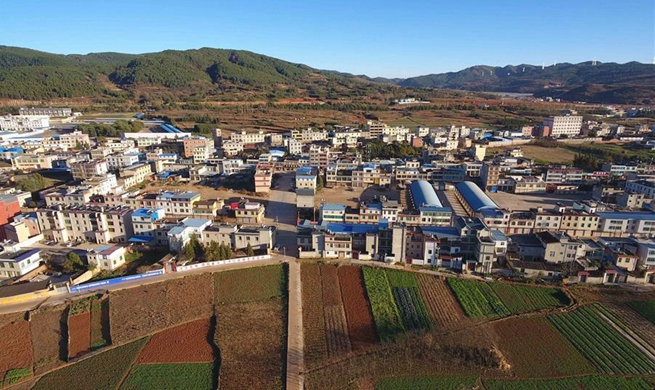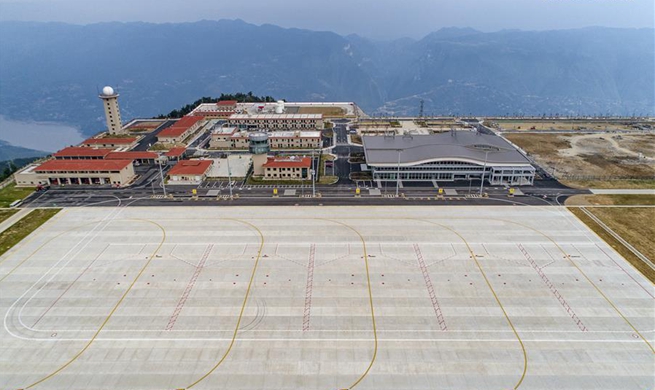GENEVA, Aug. 8 (Xinhua) -- The world needs to change its food production and consumption habits if it is to check global warming, a United Nations report evaluating the effects of climate change on land said Thursday.
The Intergovernmental Panel on Climate Change (IPCC) met in Geneva this week, and its report recommends accepting new farming methods and making significant dietary changes such as reducing meat consumption.
"Our 195 member governments asked and challenged the IPCC to take the first-ever look a comprehensive look at the whole land climate system. We received acceptance and approval by our member governments yesterday," said Hoesung Lee, the IPCC chairperson
"Land is where we live. Land is undergoing human pressure. Land is part of the solution, but land cannot do it all," he said at a press conference at the World Meteorological Organization (WMO) on Thursday.
IPCC co-chair, Jim Skea, said that improving the way land is used to produce food plays an essential part in tackling climate change.
Limiting global warming to 1.5 or even 2 degrees will involve removing carbon dioxide from the atmosphere and land has a critical role to play in carbon dioxide removal.
"A move to more balanced diets could help us adapt to and limit climate change," said Skea. He noted that some diets require more land and water and lead to higher emissions than others.
The report is the first in the history of the IPCC with a majority of authors -- 53 percent -- from developing countries.
The document offers guidance to governments on implementing the 2015 Paris agreement and how to evade runaway climate change ahead of a conference focused on the issue scheduled for Chile later this year.
"Data available since 1961 shows the per capita supply of vegetable oils and meat has more than doubled, and the supply of food calories per capita has increased by about one third," says the report.
It also notes that changes in consumption patterns have contributed to about 2 billion adults now being overweight or obese and that an estimated 821 million people are still undernourished.
"The level of risk posed by climate change depends both on the level of warming and on how population, consumption, production, technological development, and land management patterns evolve."
The Special Report on Climate Change and Land was prepared by 107 leading scientists from 52 countries and regions globally.
The full title of the report is: Climate Change and Land: an IPCC special report on climate change, desertification, land degradation, sustainable land management, food security, and greenhouse gas fluxes in terrestrial ecosystems.

















